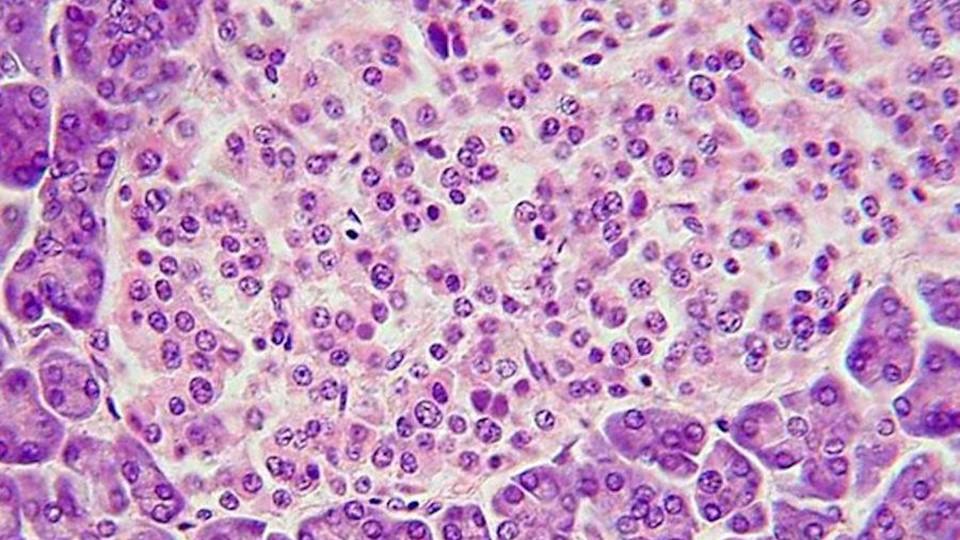Trial finds Lilly’s Olumiant could treat type 1 diabetes

Treatment with Eli Lilly’s JAK inhibitor Olumiant has been shown to preserve the function of insulin-producing pancreatic beta cells in patients with type 1 diabetes, potentially opening up a whole new avenue of therapy.
The investigator-led, placebo-controlled BANDIT phase 2 trial found that Olumiant (baricitinib), which is already approved to treat rheumatoid arthritis, was able to slow down the progression of type 1 diabetes, a disease in which the body’s immune system progressively destroys beta cells.
The researchers from St Vincent’s Institute of Medical Research in Melbourne, Australia, described the finding as “a huge step-change” in how type 1 diabetes is managed, as it could delay the need for insulin injections or reduce the dose required.
While insulin injections are life-saving for people with the disease, they can also be hazardous if too much or too little is administered, and also place a considerable burden on patients and their carers. Olumiant is thought to work by reducing the immune system’s attack on beta cells with a single daily dose.
“When type 1 diabetes is first diagnosed, there is a substantial number of insulin-producing cells still present,” said Professor Thomas Kay, the lead author of a paper on the study published in the New England Journal of Medicine.
“We wanted to see whether we could protect further destruction of these cells by the immune system,” he added. “We showed that baricitinib is safe and effective at slowing the progression of type 1 diabetes in people who have been recently diagnosed.”
In the study, 91 patients with type 1 diabetes diagnosed within the last 100 days and aged between 10 and 30 were given either Olumiant at an oral dose of 4 mg per day over 48 weeks or a matched placebo. They were able to continue their insulin therapy, and the main outcome measure was the C-peptide level in plasma – a marker for the body’s ability to produce insulin – after a test meal.
After 48 weeks, the Olumiant group had significantly improved C-peptide levels (a median of 0.65 nmol per litre per minute compared to 0.43 nmol per litre per minute in the placebo group), indicating preserved beta cell function.
That was accompanied by a secondary finding that patients taking Lilly’s drug needed significantly less insulin therapy and decreased blood glucose fluctuations at 12 and 24 weeks compared to placebo.
“We are very optimistic that this treatment will become clinically available,” said Professor Helen Thomas, preclinical lead on the trial. “We believe it shows promise as a fundamental improvement in the ability to control type 1 diabetes.”
Last month, type 1 diabetes research network TrialNet launched a study called JAKPOT T1D that is testing two other JAK inhibitors – Pfizer’s Cibinqo (abrocitinib) and Litfulo (ritlecitinib) – to see if they can preserve insulin function in newly diagnosed patients.













